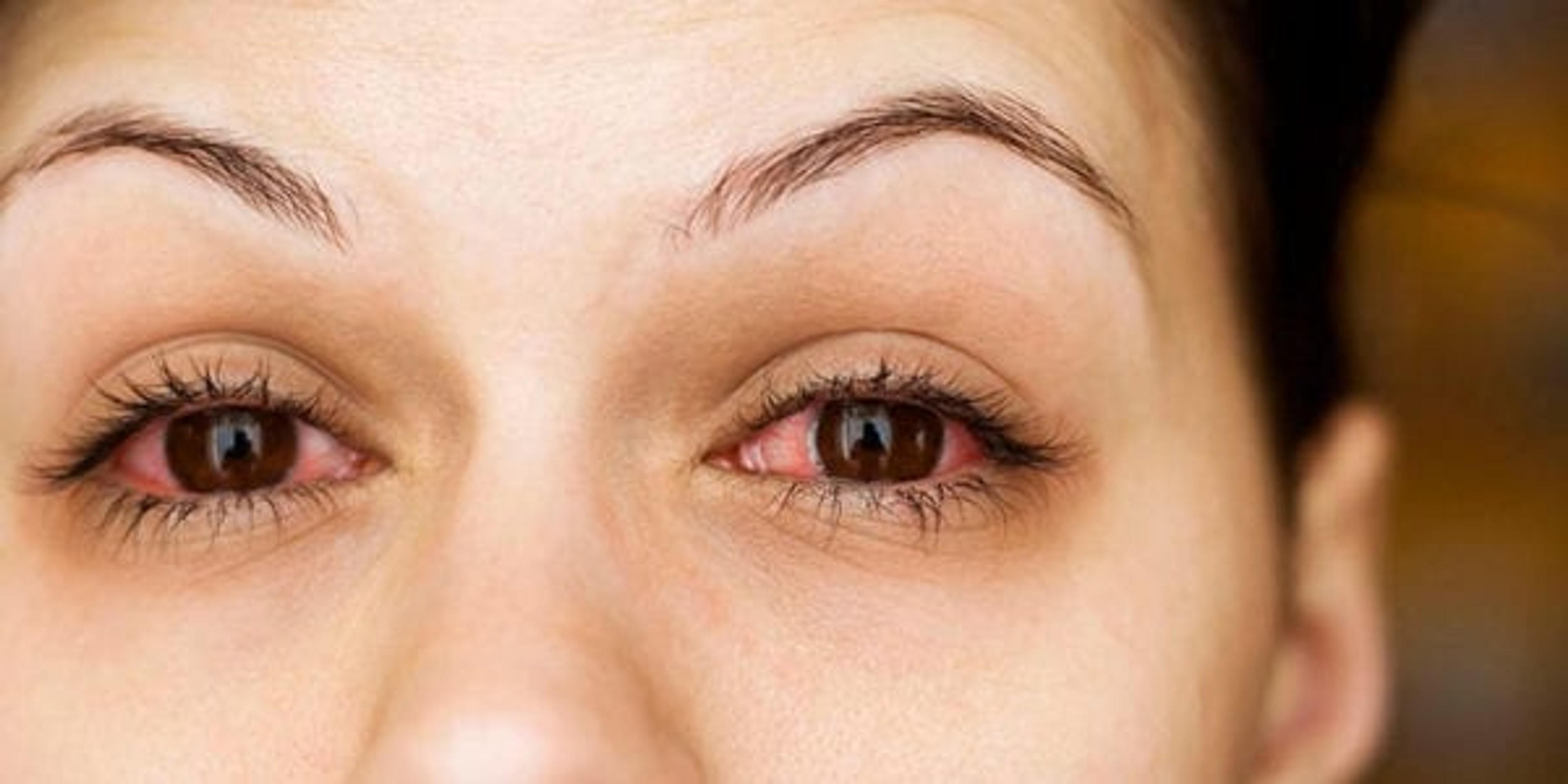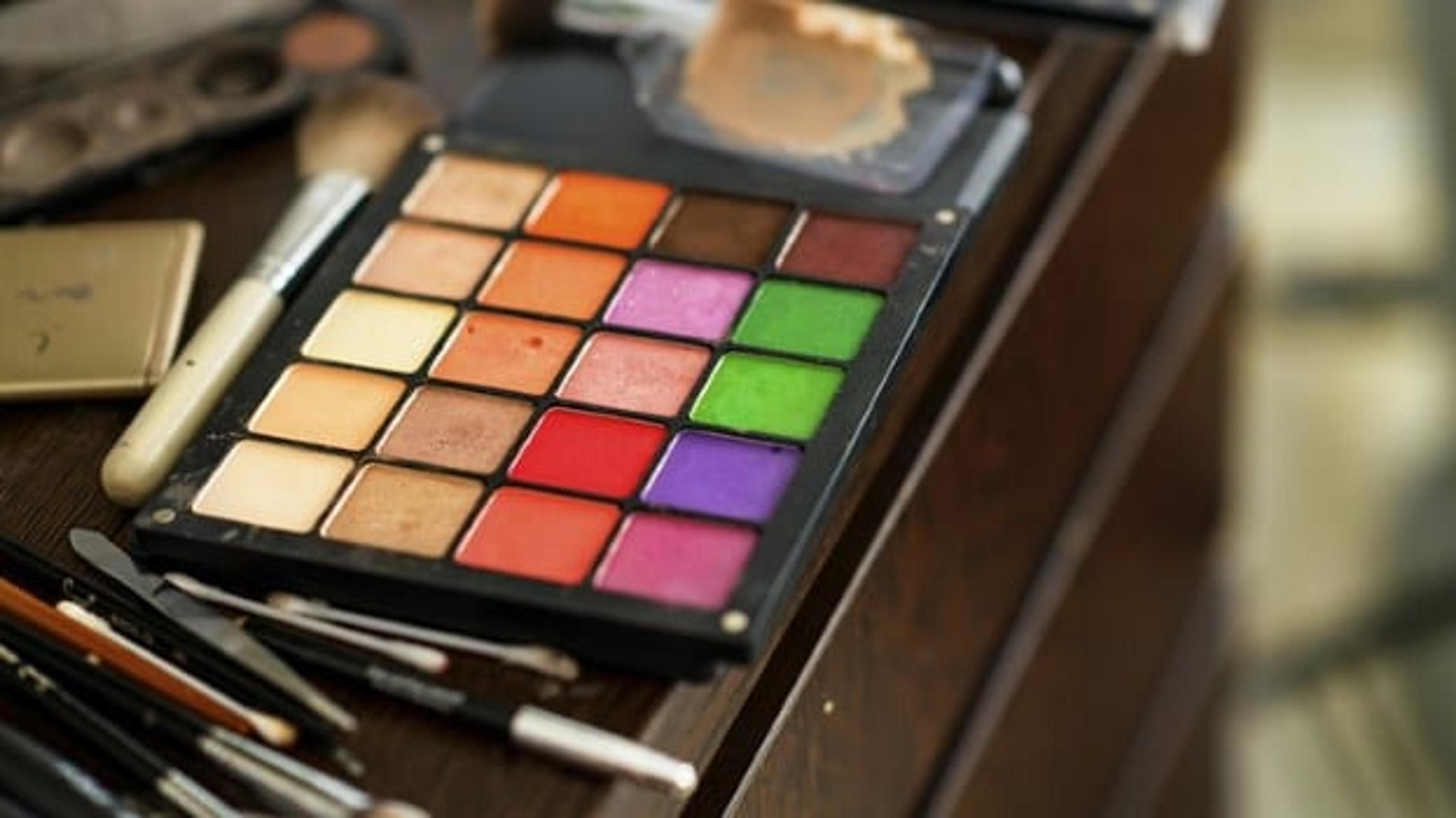Eye Makeup Safety 101

Devin Burks
| 3 min read

What’s okay and not okay when it comes to makeup? Ladies, this one’s for you!
Did you know our everyday makeup routines can cause infections in your eyes? Not only that, but ophthalmologist Shalini Sood-Mendriatta, MD from Family Health Team shares that when used incorrectly, eye makeup can also cause eye pain, sensitivity to light, persistently blurred vision, swelling and discharge.
Don’t worry though, these risks can be prevented. Below I’ve listed a few tips shared by Dr. Sood. All of which you can use to keep your eyes safe while still looking good.

- Don’t keep mascara or eyeliner for too long. Old mascara or eyeliner increases the chances that bacteria or fungus can contaminate your eye and cause a serious eye infection. Yikes. Dr. Sood advises to throw mascara and eyeliner away every 3 months. Tip: A good way to keep track of this is by writing an “expiration date” on your mascara in permanent marker.
- Don’t share your eye makeup with anyone! Regardless of it being your mom, sister, or best friend, by sharing eye makeup all you are doing is contaminating your eye with someone else’s bacteria and vice versa. Gross!
- Look out for kohl. Start getting into the habit of reading the ingredients on your makeup. Dr. Sood shares that makeup containing kohl has a risk of containing lead (no one wants that near their eye).
- “Waterlining” isn’t the best idea. Applying makeup inside of the lash line blocks the oil glands in your eyes. These glands secrete oils that protect the cornea, and when they are blocked, bacteria can travel directly into the eye.
- You might want to stay away from glitter. Those super glittery eye shadows and glitter based eyeliners that we all know and love are actually the common cause of corneal irritation and infection.
Alicia Doyle, who has done research with the Food and Drug Administration, also shared some tips on eye makeup safety as well.
- Don’t store makeup in heat! The heat makes the makeup more susceptible to bacteria growth. This means no more leaving makeup in your car in the summer.
- Try to avoid mixing makeup. For example, using a lip pencil as make-shift eyeliner will allow bacteria from the mouth and lips to cause infection in our eyes. The same applies for switching brushes for different parts of your face.
- Make sure to remove makeup every night!
More Tips from Me
I know this can be a lot to take in all at once, but I’ve found some simple ways to make avoiding these risks very simple.
- Coconut oil is a great alternative for a natural makeup remover. Blogger Winona Dimeo-Ediger shares all the benefits of this method. Other than easily removing eye makeup, the coconut oil makes wrinkles less visible, moisturizes the skin and lashes, and is eye friendly.
- Use non-toxic products. I’ve listed a few below that I recommend:
- Neal’s Yard Remedies Organic Eye Make Up Remover
- Ecco Bella natural based eye makeup
- 100% Pure natural eyeliner
Photo Credit: Alicia Doyle (feature), 12 Tips for Eye Makeup Safety (inset)





